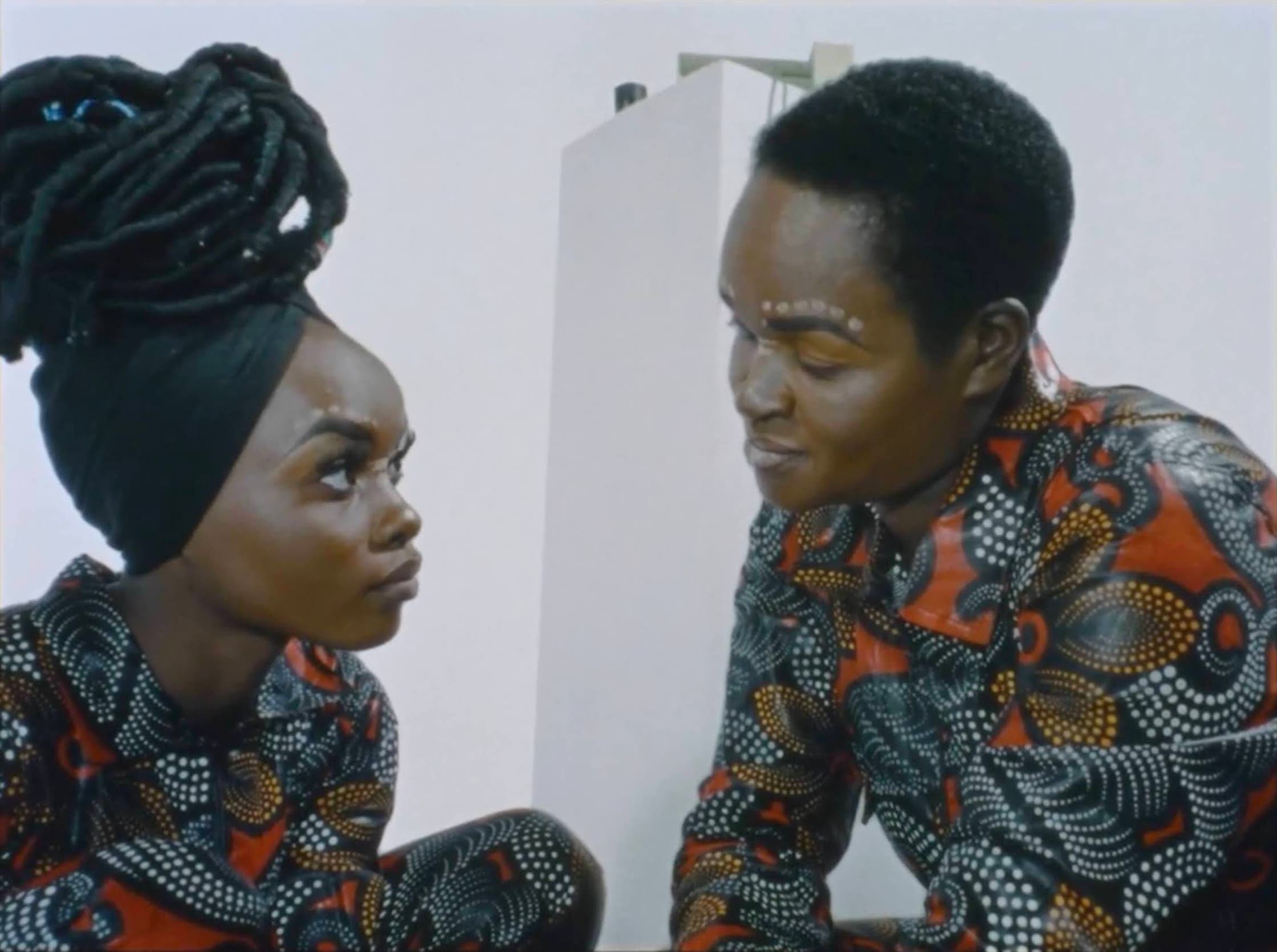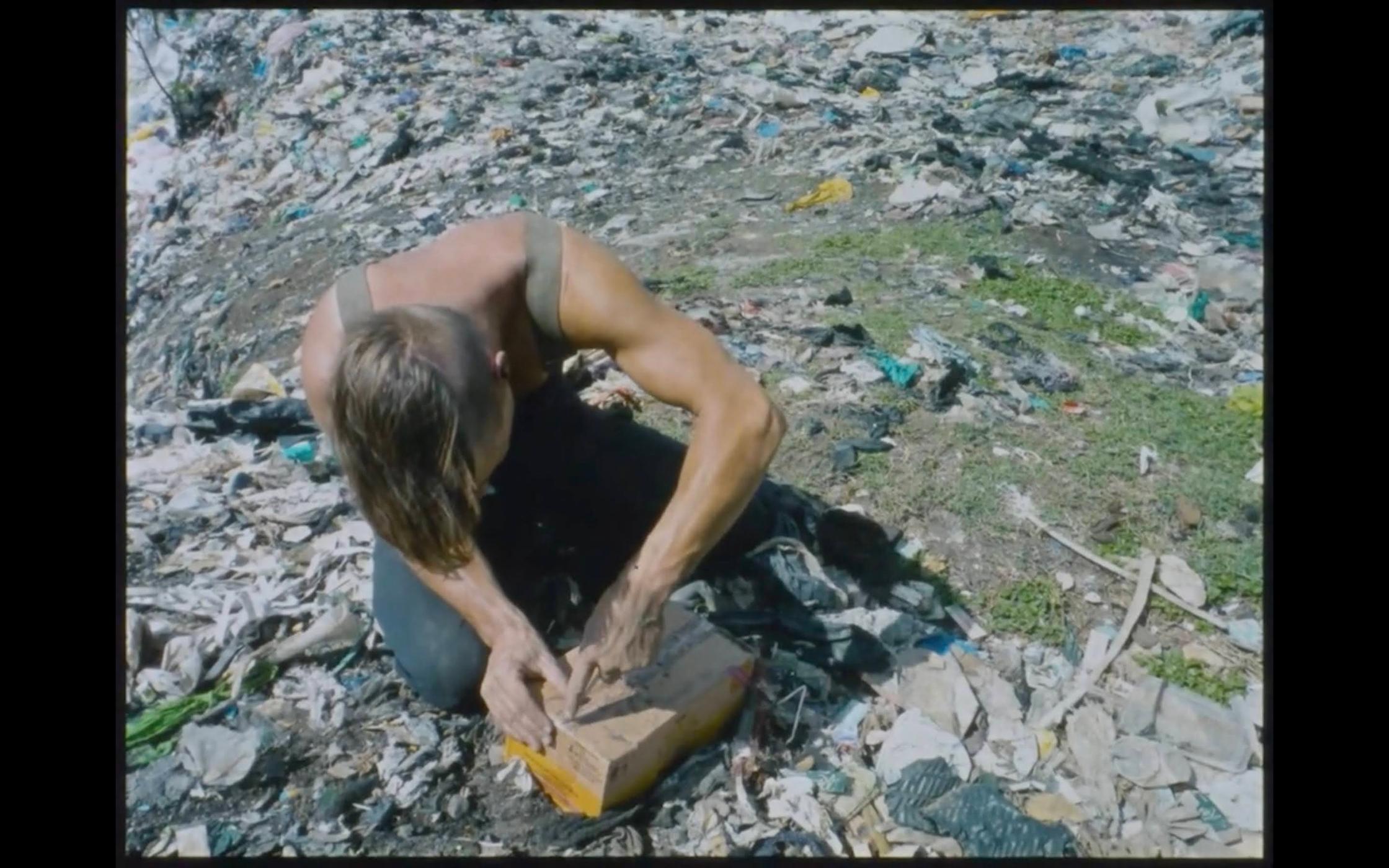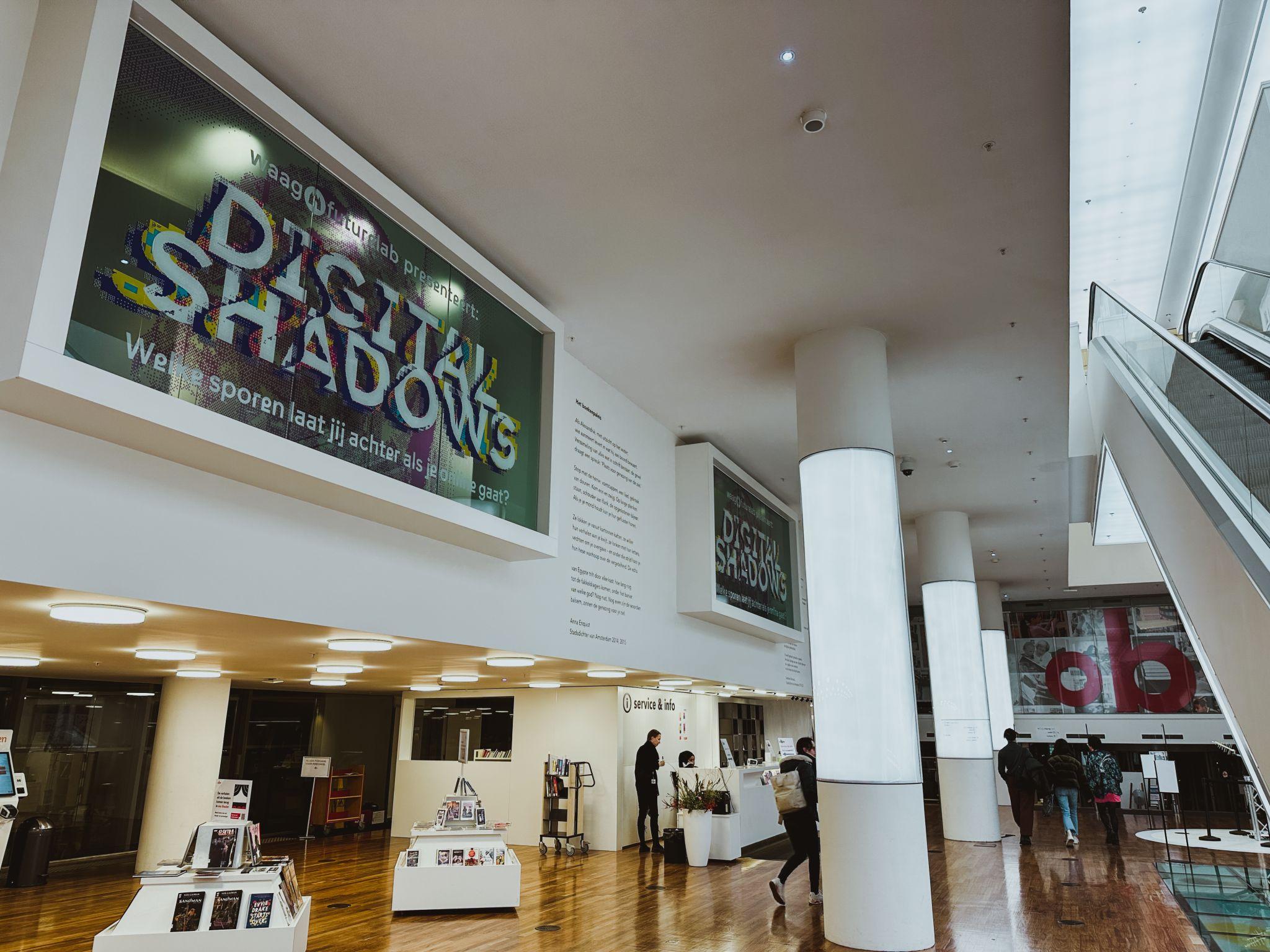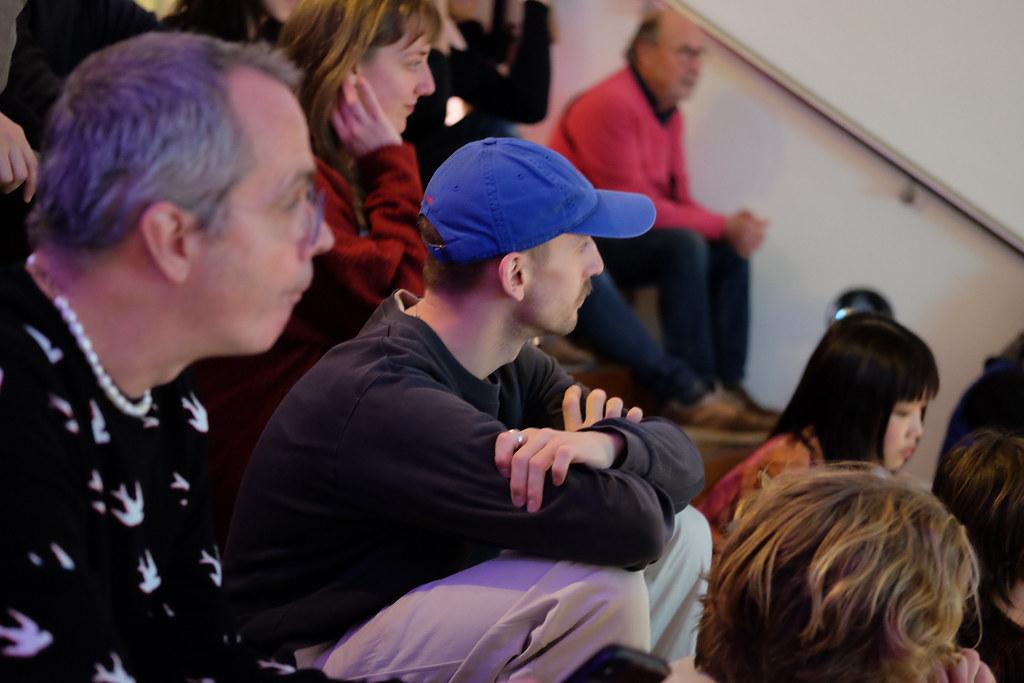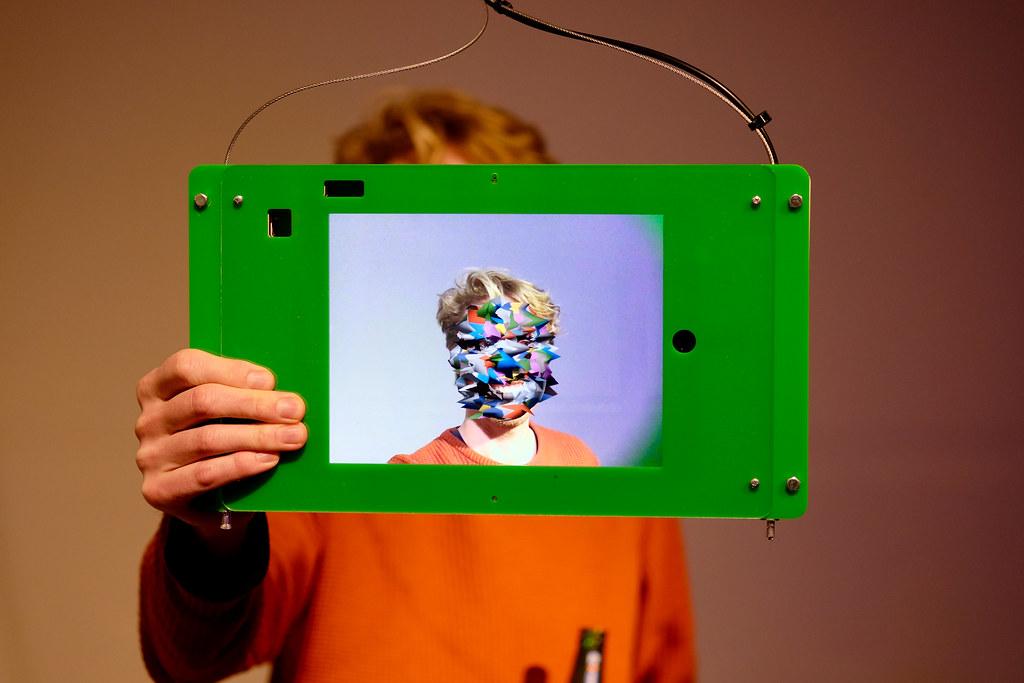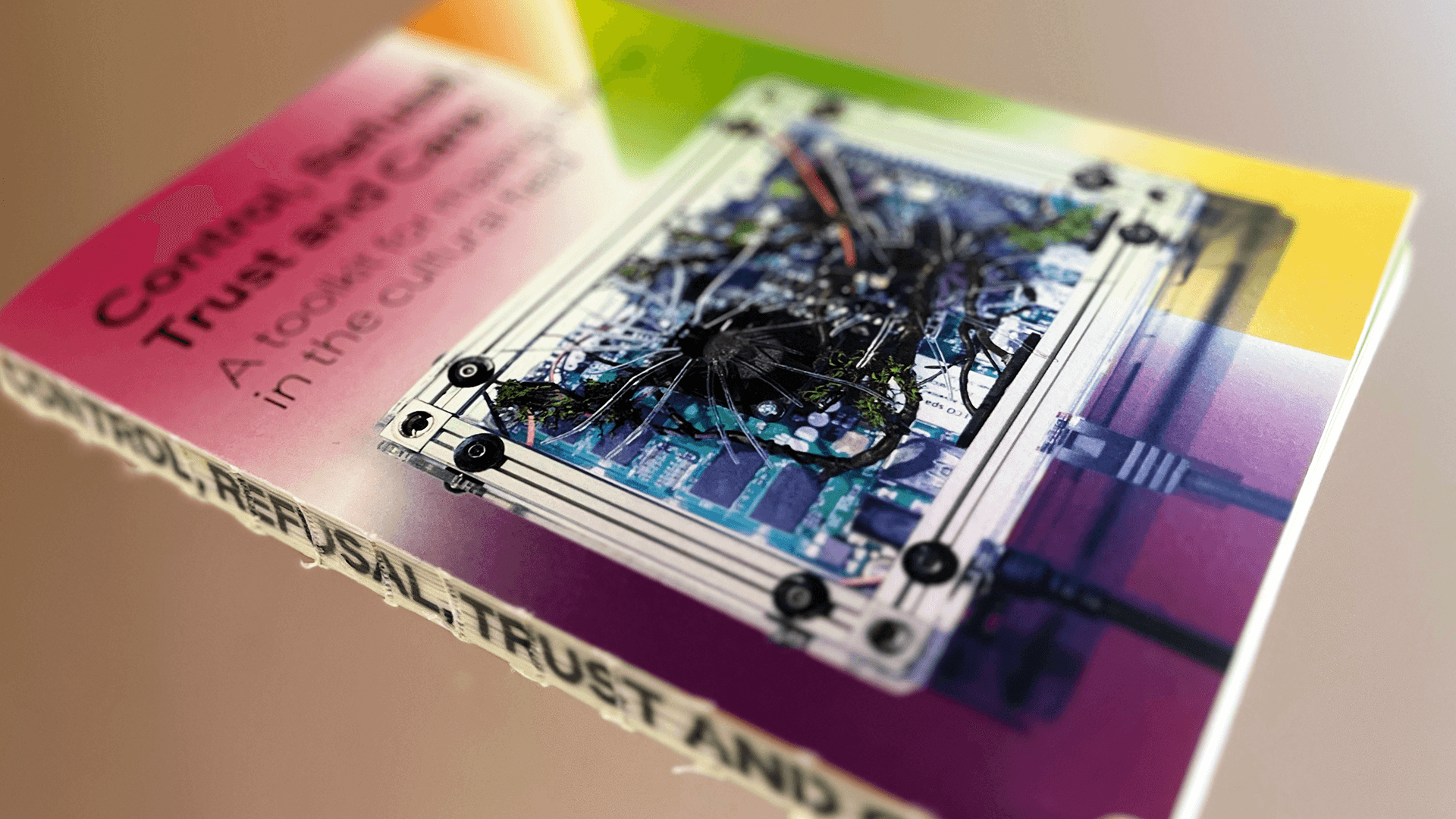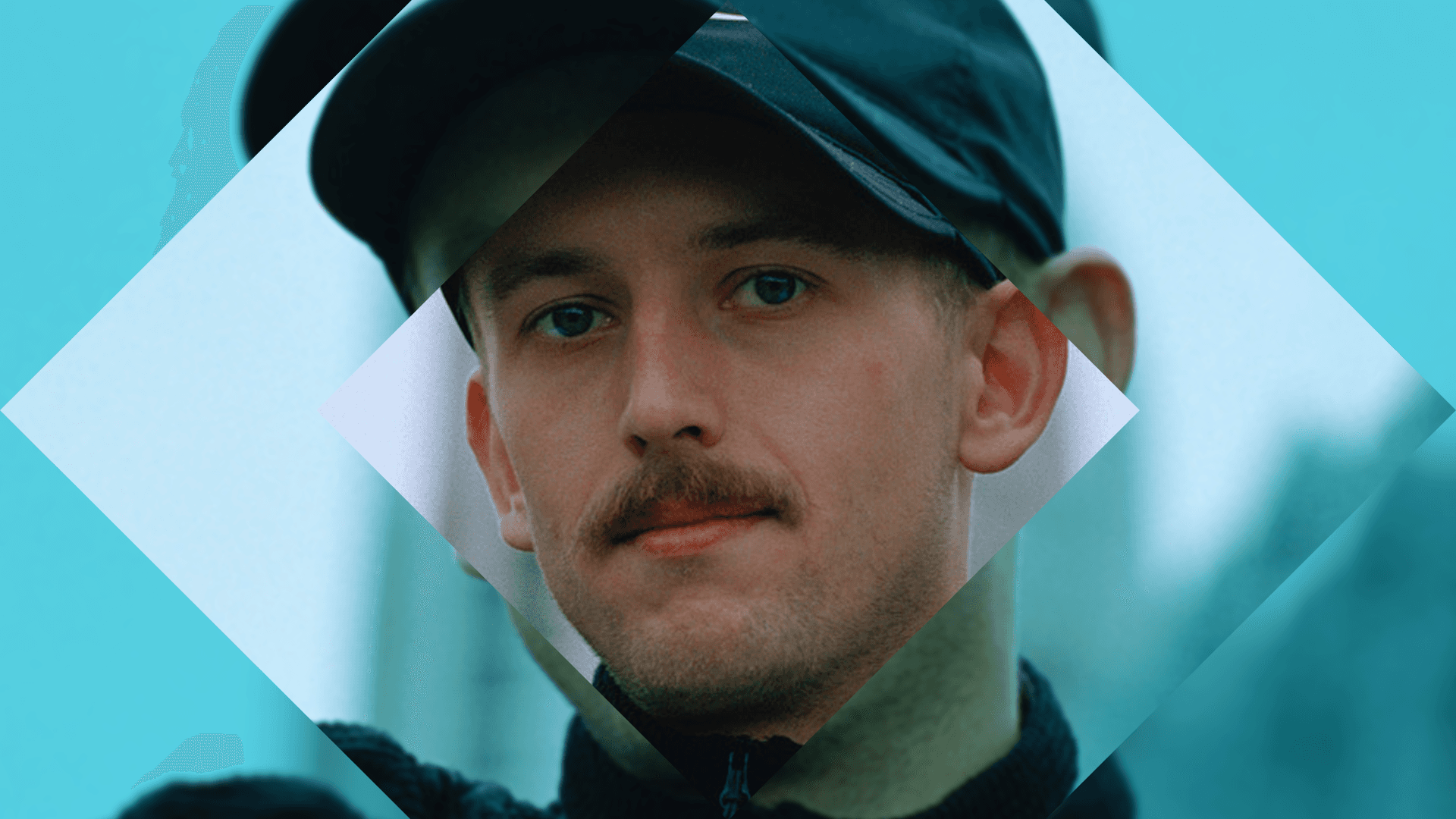How do we relate to the material and physical aspects of the digital world that are hidden in shadows, such as servers, cable and e-waste? For example, e-waste dump sites are moved to the Global South, keeping the material and toxic consequences of their discarded e-products out of sight for the consumers in the Global North. How can we empower ourselves by reappropriating them, (re)making them, and owning them?
This evening will give the stage to the practices that address these issues.
Together with artists and researchers, we will imagine, speculate, rehearse, and put into practice a different kind of ownership and technological autonomy regarding the materiality in the digital world.
Programme
19:30 - 19:35 hrs. welcome by Maro Pebo (co-curator)
19:35 - 20:00 hrs. lecture-performance by Dani Ploeger
20:00 - 20:15 hrs. Q&A with Dani Ploeger
20:15 - 20:25 hrs. presentation Lukas Engelhardt on self-hosting and technical autonomy
20:25 - 20:40 hrs. short reflection by dr. Evelyn Wan
20:40 - 21:00 hrs. open discussion, moderated by Maro Pebo
19:30 - 21:30 hrs. drinks

Lecture-performance around The Cults
Artist Dani Ploeger will give a lecture-performance around his short sci-fi movie The Cults, which is part of the Digital Shadows exhibition. He will present his film on a portable 16mm projector, accompanied by background footage, artefacts and contextual stories. The Cults was shot at the Dandora Dump Site - the largest landfill in Kenya - and developed as part of a long-term collaboration with Nairobi-based artists Greenman Muleh Mbillo and Joan Otieno.
Featuring a collection of repurposed discarded electronic devices created in joint workshops with artists, engineers and recyclers, The Cults reframes the ethnographic text "The Cult of Mumbo in South Kavirondo," written by a British colonial administrator in the 1930s. In contrast to the dystopian garbage dump landscape of endless waste and European-style recycling, the film sketches a utopian narrative in which discarded equipment is appropriated and reused based on local myths, stories, and memories.

Technological autonomy
The performance-lecture is followed by a short presentation by artist and designer Lukas Engelhardt on technological autonomy. Can building your own server and creating temporary autonomous zones be acts of resistance to the current systems?
After that, Dr. Evelyn Wan (Assistant Professor Media and Culture Studies, Utrecht University) will reflect on the exhibition. She will discuss the pressing issues that it tries to address, such performativity of technologies, how we can empower ourselves and gain ownership and technological autonomy in the digitally infused daily life. The evening ends with an open discussion with the speakers and the public.
During and after the programme, you are welcome to have drinks at the bar in the exhibition space. You’re also free to take a look at the exhibition before and after the programme.
About the speakers
Dani Ploeger explores situations of conflict and crisis on the fringes of the world of high-tech consumerism. His objects, videos and software engage with the spectacles of waste, sex and violence and question the sanitised, utopian marketing surrounding innovation and its implications for local and global power dynamics. Most of his work is informed by field researchon the use of everyday technologies, under circumstances that were not envisaged by their developers and producers.
Lukas Engelhardt navigates the entangled fields of the digital and bureaucratic space as he and his collaborators carve out and build semi-autonomous zones. He is interested in the tactics, terms and conditions necessary to negotiate and maintain these spaces—both online and offline. He builds, breaks and fixes servers for himself and for others and is a member of the Amsterdam-based squatting collectives Hotel Mokum and Mokum Kraakt. In 2022 he finished his MFA at the Design Department at the Sandberg Institute in Amsterdam.
Dr. Evelyn Wan is Assistant Professor in Media, Arts, and Society at the Department of Media and Culture Studies at Utrecht University. She also conducted postdoctoral research at the Tilburg Institute for Law, Technology, and Society at Tilburg University. She graduated cum laude from her PhD programme with her dissertation, “Clocked!: Time and Biopower in the Age of Algorithms”, and was awarded a national dissertation prize by the Praemium Erasmianum Foundation in the Netherlands in 2019. Her work on the temporalities and politics of digital culture and algorithmic governance is interdisciplinary in nature, and straddles media and performance studies, gender and postcolonial theory, and legal and policy research.

The exhibition Digital Shadows is carried out by Waag Futurelab and co-funded and supported by the Openbare Bibliotheek Amsterdam. It is presented in the framework of Artsformation, a European research project exploring the intersection between arts, society and technology. Artsformation investigates the potential of the Arts to intervene in critical social issues, with a view to remedying a range of abusive and exploitative aspects of digital technologies, such as labour politics, privacy and education.
